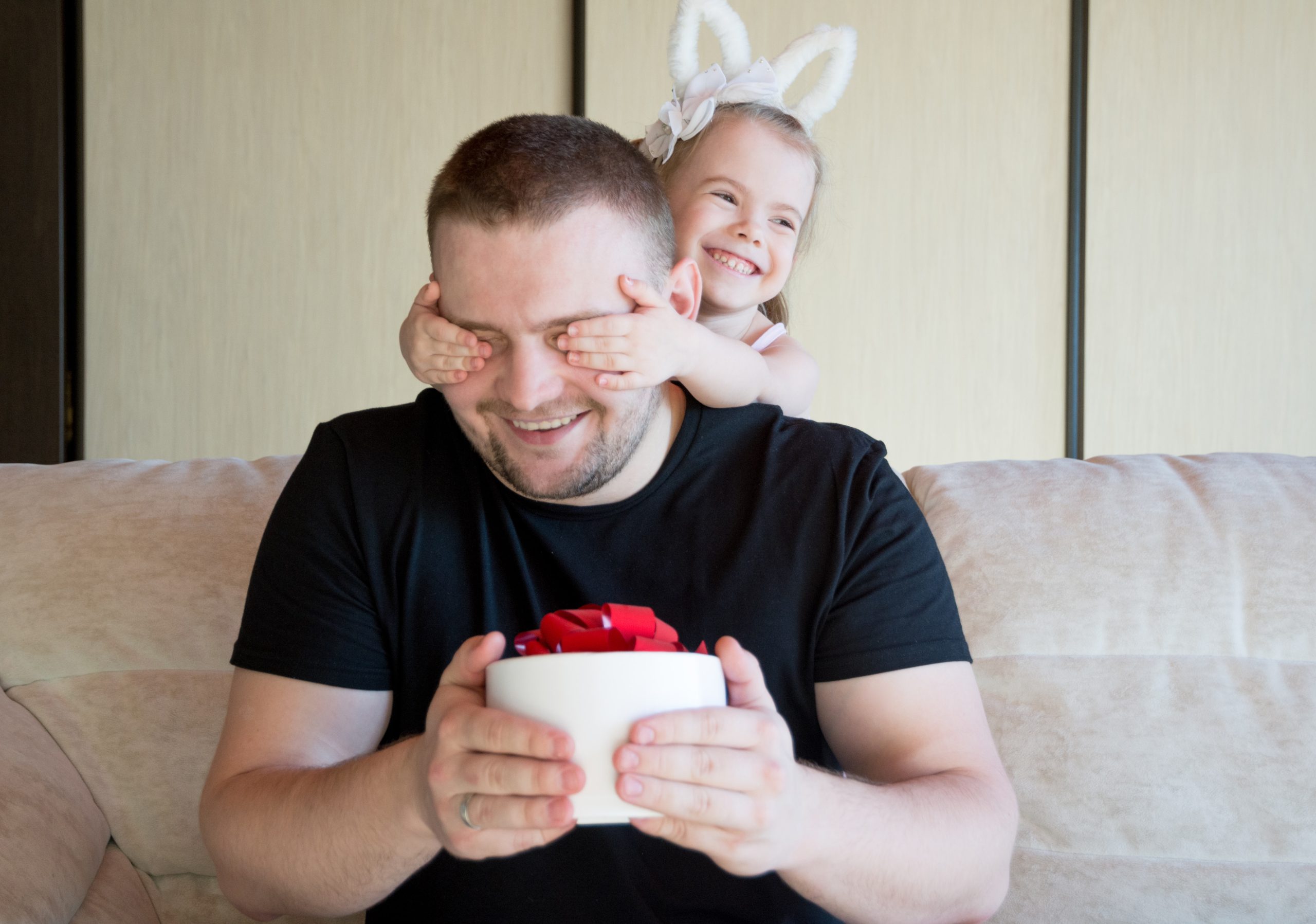10 Principles of Psychology You Can Use to Improve Your Relationship With Your Kids
10 Principles of Psychology You Can Use to Improve Your Relationship With Your Kids
As parents, we’re always thinking about the best ways to raise our children. It can be a challenge to find the right balance between warmth and authoritativeness. One method is to use psychological principles for loving parenting. Below are ten of the top principles of good parenting that we can learn from psychologists.
Parenting is often a balancing act between positive and negative reinforcement.
Top Kids Courses
Meet Amphy
The largest marketplace for live
classes, connecting and enriching
humanity through knowledge.



